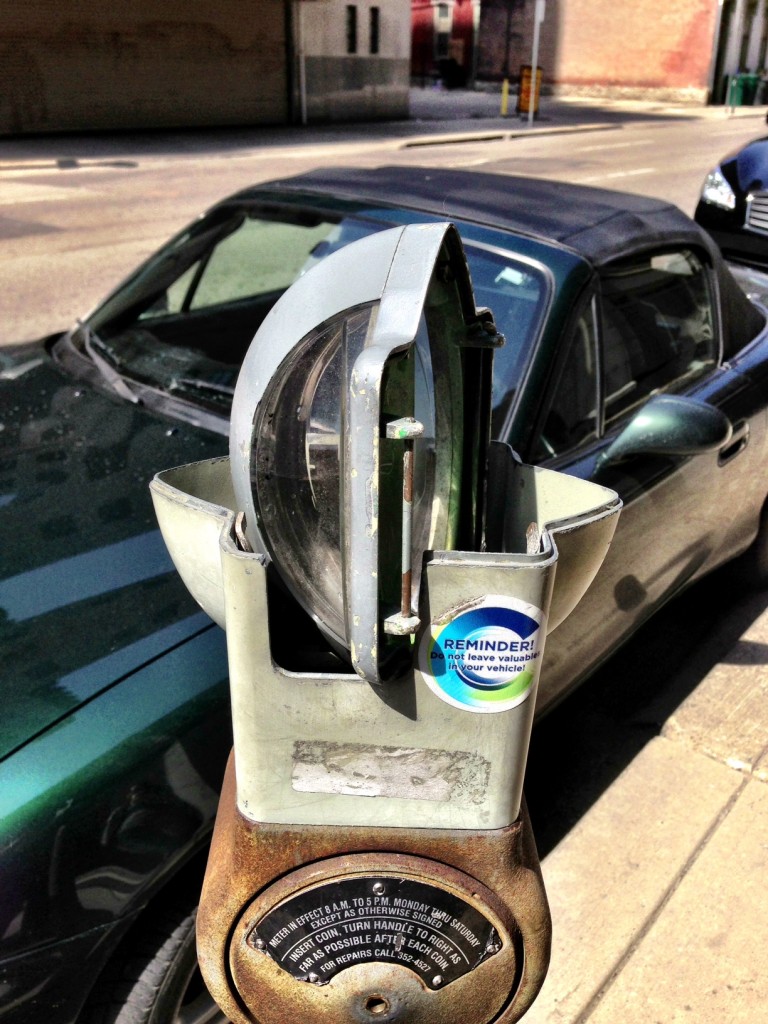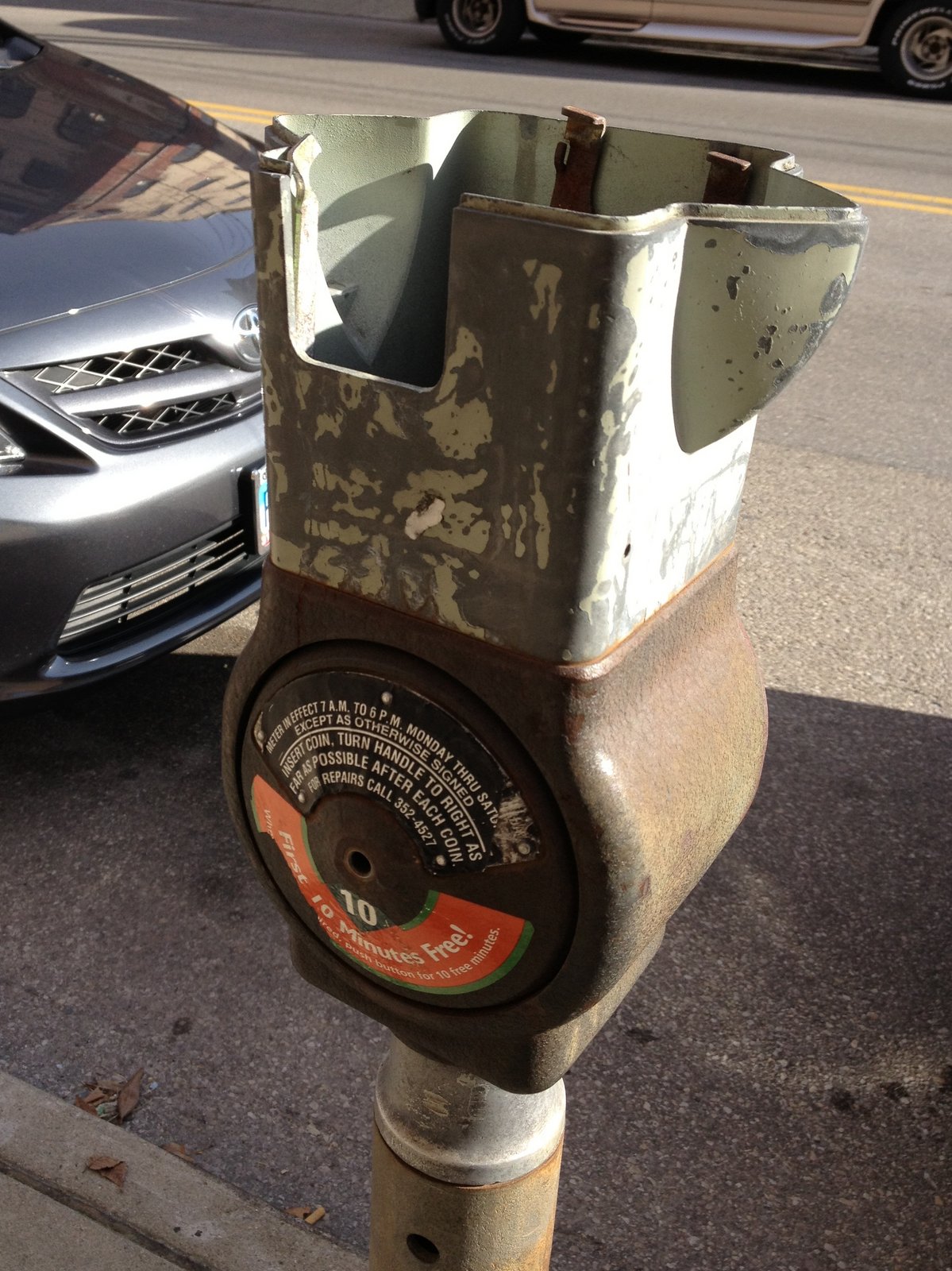 This morning the Hamilton County Court of Appeals released its decision on the court case (Lisa McQueen, et al. vs. Milton R. Dohoney, Jr., et al.) concerning whether the City of Cincinnati had the right to enact emergency ordinance provisions in leasing its parking assets to a third party. The decision from the court struck down a lower court’s ruling and in turn upheld the city’s parking lease ordinance and the right for City Council to enact emergency ordinances.
This morning the Hamilton County Court of Appeals released its decision on the court case (Lisa McQueen, et al. vs. Milton R. Dohoney, Jr., et al.) concerning whether the City of Cincinnati had the right to enact emergency ordinance provisions in leasing its parking assets to a third party. The decision from the court struck down a lower court’s ruling and in turn upheld the city’s parking lease ordinance and the right for City Council to enact emergency ordinances.
The decision means that the City of Cincinnati can enact its Parking Modernization & Lease Plan, which was passed by City Council 5-4 in March. The ruling also states that citizens do not have the right to file a referendum on items passed with an emergency clause, thus eliminating the possibility of a public vote on the parking lease deal this November.
Immediately following City Council’s March vote, opponents of the plan filed a taxpayer lawsuit against the plan and Judge Robert Winkler issued a restraining order preventing the city from using the emergency ordinance clause for this issue or any issue before the City of Cincinnati. In this particular case, Judge Winkler’s restraining order was issued within minutes of its vote.
Judge Winkler then heard arguments the following week and made a ruling in early-April that allowed a referendum on the emergency ordinance to move forward by questioning the clarity of the city’s charter provisions on the matter.
In May the Court of Appeals heard arguments from both sides. Today the long-awaited decision was announced. In making its decision the Court of Appeals considered several things.
- Whether the Plantiff in the case followed the proper legal procedure in filing for the taxpayer lawsuit. The decision documents state in three separate paragraphs that the plaintiffs failed to make the necessary $325 deposit. “The plaintiffs-relators intimate that they cured the deficiency by paying the $325 deposit after the common pleas court had entered its judgment. But the record certified on appeal does not demonstrate that any deposit was made.” Paragraph 23.
- Emergency Ordinances are subject to referendum if provisions are provided within the city’s charter: The city’s charter has language outlining the way the city can pass ordinances and emergency ordinances. It also outlines the provisions for referendums. The charter also defaults to state law provisions for what the charter does not cover. Since there were no provisions in the charter for referendum of emergency ordinances, they cannot be challenged to referendums.
- The court found that the Emergency Powers provision was backed up by 90 years of case law. In the 90+ years since the enacting of the city’s charter government, Hamilton County and State level courts have ruled in defense of the city’s emergency powers provisions.
- The court found that the city properly outlined the nature of the emergency in enacting the emergency ordinance.
- The City’s Charter was not ambiguous. The court took the path of interpreting the charter as a whole instead of the sum of its parts.
The ruling is being considered a major victory for the City of Cincinnati as it is now able to move forward with its Parking Modernization & Lease Plan, which will provide an upfront payment of $92 million and annual installments of $3 million from the Port of Greater Cincinnati Authority.
It also defends a wide array of city actions, that are passed with the emergency ordinance clause, from being subject to public referendums. Over the past several years, a host of decisions made by a plurality of City Council had been subject to what some believe is an inefficient way of running a government.
“While Cincinnatians for Progress did not take a position on the parking lease, we believe that good governance is critical to the city of Cincinnati, and we believe that our representative democracy as outlined in the city’s charter is good governance,” Derek Bauman, Co-Chair for Cincinnatians for Progress, told UrbanCincy. “In addition, it is vital for the city to have the ability to pass ordinances as an emergency when necessary. We welcome the appeals court ruling.”
What has yet to be decided is what will happen with the $92 million upfront payment, which was originally planned to cover the city’s budget gap and provide funding for a host of economic development deals.
Since that time, the City of Cincinnati has passed a budget, which originally was to get $25.8M from the parking lease deal, and found alternative funding sources for a number of the projects ($20M for MLK Interchange, $12M for 4th/Race Apartment Tower) involved in the original list.
The result is a $57.8 million question now put before Mayor Mallory’s Administration and City Council.
